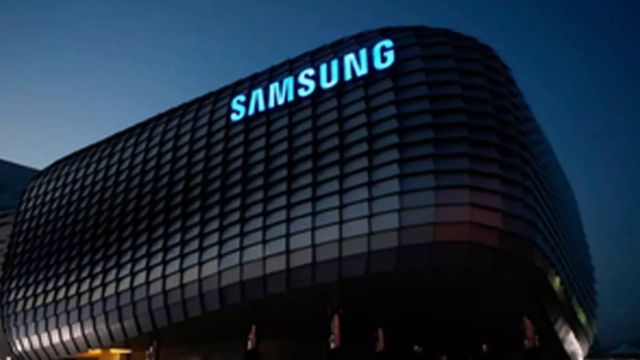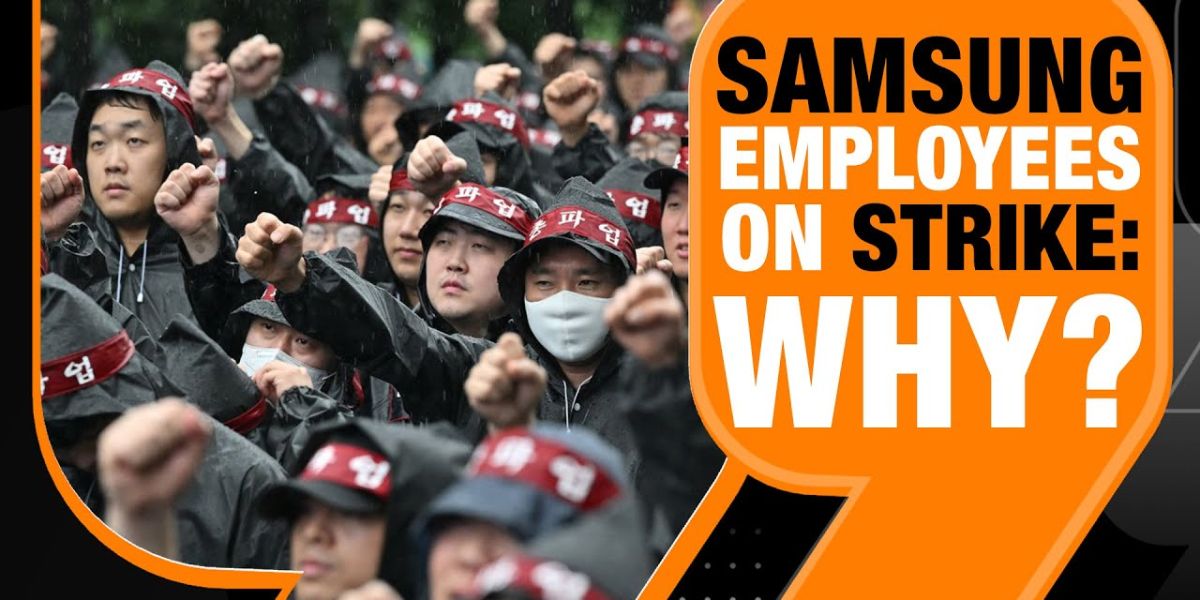South Korean Samsung employees go on a three-day walkout in pursuit of better pay and leave regulations, and now they’ve unexpectedly declared a strike.
In a heated disagreement over wages and bonuses, the biggest union representing Samsung Electronics employees in South Korea has announced an extended strike following a three-day protest that produced no results.
Six thousand employees, mostly from the semiconductor division, went on strike earlier this week, the union said.
For the biggest labor action in the 55-year history of the chipmaking and smartphone behemoth, the National Samsung Electronics Union (NSEU) announced on July 10 that its 31,000 members, or over 25% of the company’s total workers in the nation, will go on indefinite strike.

In a statement published on its official website, the union stated that the corporation would “regret this decision” for refusing to join in negotiations.
The NSEU continued by saying they’re “confident of victory” and that the strike’s duration increases the likelihood that management will “kneel” and engage in talks.
SEE MORE –
Big-Decision! Arizona Voters to Decide on $18 Minimum Wage Increase
In a statement released on Wednesday, Samsung Electronics reaffirmed its support for “good faith negotiations with the union” and promised to “ensure no disruptions occur in the production lines.”
It will take a long time to restore facilities that are shut down due to a strike, according to union leader Son Woomok, who told CNN on Monday.
When union representatives attempted to negotiate a more open pay scale and improved working conditions but failed, the issue came to light in June.
It has been a difficult few years for the largest memory chipmaker in the world.
Global economic uncertainty kept consumer desire for electronics low last year, leading to a decline in demand and a record shortfall of computer chips during the COVID-19 pandemic.
The AI surge, though, is reportedly making things better for the corporation, according to CNN.
The employees would like to see money reflected in this positive outlook.
“The company is not treating the employees properly,” Woomok stated on Monday.
According to him, “employees are increasingly dissatisfied with the lack of performance bonus increases,” and the fact that the corporation has been claiming a crisis for more than a decade keeps them from rewarding good performance.




